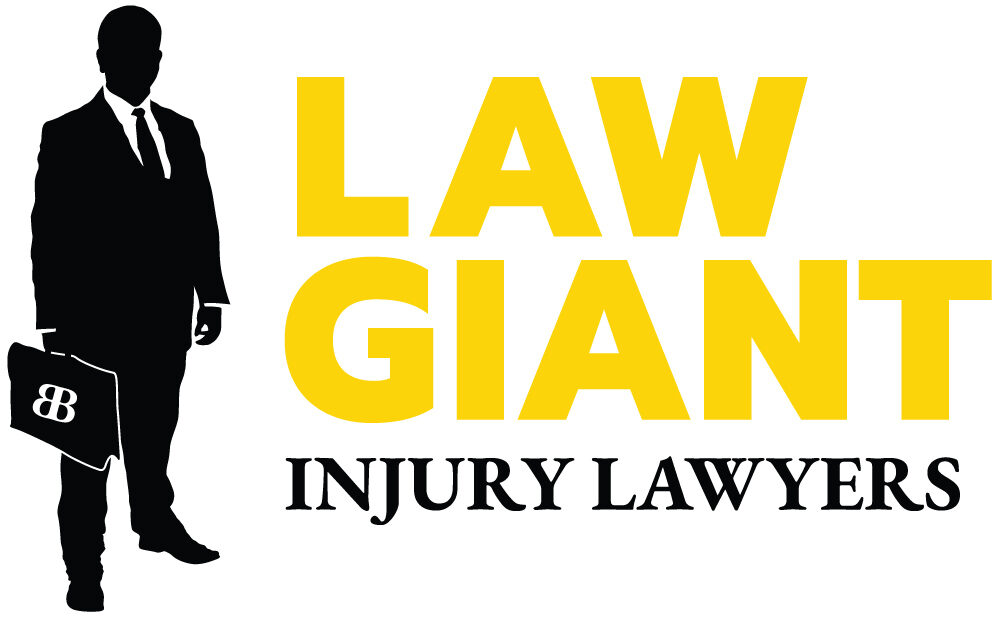What Are Insurance Claims?
An insurance claim is a formal request made to an insurance company by a policyholder seeking coverage or compensation for a loss or damage that is covered under their insurance policy. When you purchase an insurance policy, you enter into a contract with the insurance company, agreeing to pay premiums in exchange for financial protection in the event of specific incidents.
Depending on the type of policy, insurance claims can cover a wide range of incidents, including car accidents, property damage, medical expenses, and more. Understanding your insurance policy and how claims work is crucial for ensuring you receive the compensation you’re entitled to.
Steps for Filing an Insurance Claim in New Mexico
Filing an insurance claim can seem like a complicated process, but a clear understanding of the steps involved will help ensure your claim is handled efficiently. The following are the key steps to file an insurance claim in New Mexico:
1. Review Your Insurance Policy
The first step is to review your insurance policy carefully. Make sure you understand what is covered and what is excluded under the terms of your policy. This will help you set expectations and avoid surprises down the road.
2. Notify Your Insurance Company
Promptly report the incident or loss to your insurance company. This notification should be done as soon as possible to avoid any delays. Be prepared to provide details about the incident, including the event’s date, time, and circumstances.
3. Document the Damage or Loss
Collect as much evidence as possible to support your claim. Take photos, gather receipts, and document any communications related to the incident. If there were any witnesses, make sure to get their statements as well.
4. Submit a Written Claim
Once you’ve gathered the necessary documentation, submit a formal written claim to your insurance company. Include all relevant information, such as the description of the incident, the damages, and the amount you’re seeking in compensation.
5. Cooperate with the Insurance Investigation
Your insurance company may investigate your claim. This may involve sending an adjuster to assess the damage or requesting additional documentation. It’s important to cooperate fully during this phase and provide any requested information.
6. Negotiate a Settlement
Once the insurance company reviews your claim, they will likely offer a settlement. In many cases, the initial offer may be lower than what you are entitled to. Having an attorney on your side can help ensure that you are not underpaid or taken advantage of during this process.
7. Appeal or Litigate if Necessary
If your insurance company denies your claim or offers an inadequate settlement, you may need to appeal their decision or pursue legal action. Having a seasoned insurance attorney on your side can make a significant difference. They can file a lawsuit on your behalf and advocate for the compensation you deserve.
By following these steps and working with our team of insurance attorneys, you can increase your chances of successfully resolving your insurance claim and recovering what you’re rightfully owed.
However, if your insurance company fails to act in good faith—by unfairly denying, delaying, or underpaying a valid claim—you may have grounds for a bad faith insurance lawsuit.
What is Bad Faith Insurance?
Bad faith insurance occurs when an insurance company intentionally avoids its obligations to policyholders. Insurance providers have a legal duty to act in good faith by fairly evaluating claims and providing prompt payment when appropriate. However, some companies put profit ahead of their obligations, which can leave you without the compensation you deserve.
Common Examples of Bad Faith Insurance
- Unjust Denial of Claims: When an insurance company denies a legitimate claim without a valid reason.
- Delaying Claims Processing: Some insurers drag out the claims process, hoping you’ll accept a lower settlement or give up entirely.
- Failing to Investigate Properly: The company may not investigate your claim thoroughly, which can lead to unfair denials or underpayments.
- Lowball Settlement Offers: Offering significantly less than what your claim is worth, hoping you’ll accept it to avoid a drawn-out process.
- Lack of Communication: Refusing to respond to inquiries or failing to explain why a claim is delayed or denied.
If you’ve encountered any of these tactics, an Albuquerque bad-faith insurance attorney can help you hold the company accountable and secure the compensation you’re entitled to.
Common Injuries Covered by Insurance
When filing an insurance claim, knowing what types of injuries and damages may be covered under your policy. In New Mexico, different types of insurance policies can provide coverage for various incidents.
- Personal Injury
- Whiplash and Neck Injuries
- Property Damage
- Head and Brain Injuries
- Pain and Suffering
- Broken Bones and Fractures
- Spinal Cord Injuries
- Lost Wages
- Burns and Scarring
Compensation for Bad Faith Insurance Claims in NM
If you succeed in a bad-faith insurance claim, you may be entitled to several types of compensation:
- The original claim amount: The money your insurance company owed you.
- Punitive damages: These are awarded to punish the insurance company for egregious misconduct.
- Emotional distress: Compensation for any stress or hardship caused by the insurer’s bad faith actions.
- Attorney’s fees: The cost of hiring a lawyer to fight your case can also be recovered.
By working with The Law Giant Injury Lawyers, you can ensure that your full range of financial and emotional losses are considered in your claim.







